Optimal Timing for Water Treatments
Water treatments are essential for maintaining water quality and ensuring safe, clean water supplies. Timing plays a crucial role in the effectiveness of these treatments, impacting water clarity, taste, and safety. Proper scheduling of water treatments can prevent the buildup of contaminants and reduce the need for more aggressive interventions later.
Water treatments are most effective when aligned with seasonal changes, typically during periods of low usage or before peak demand seasons.
Performing water treatments before hot or dry seasons can prevent issues related to algae growth and sediment accumulation.
Following heavy rains, water sources may require treatment to address increased runoff and contaminant levels.
Scheduling treatments at regular intervals ensures ongoing water quality and prevents long-term buildup of impurities.
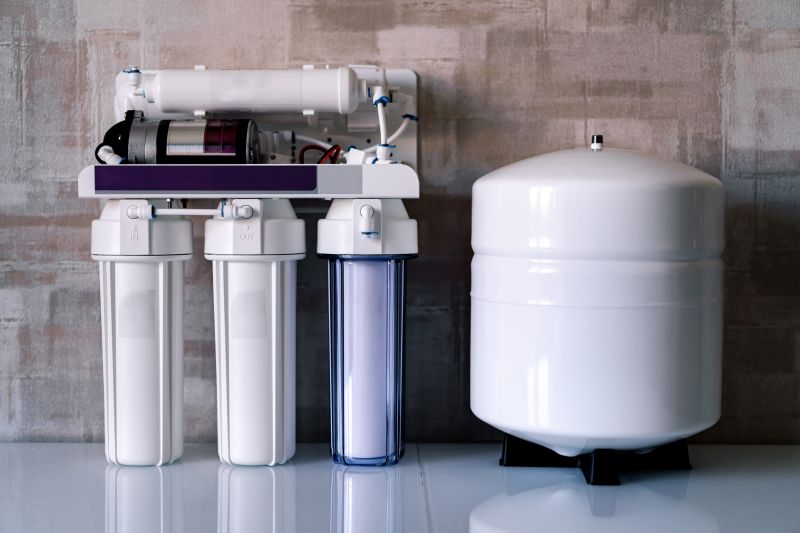
Modern systems utilize advanced technology to optimize treatment timing and efficiency.
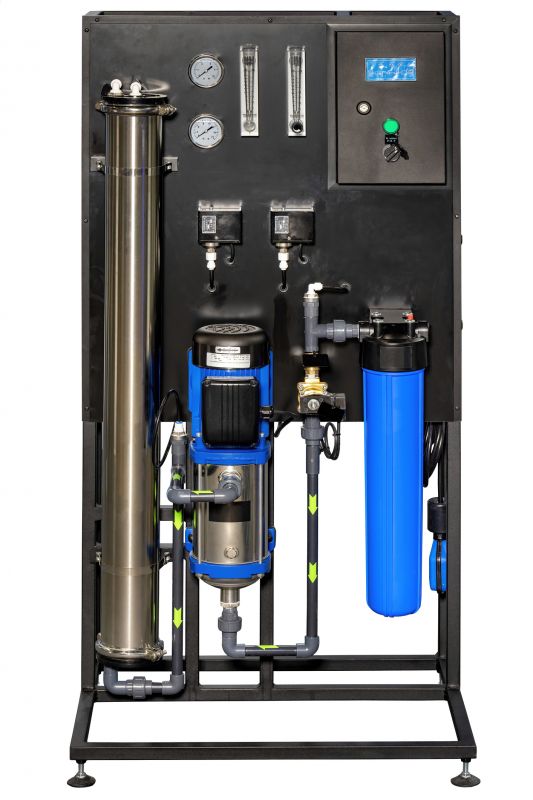
Precise timing of chemical treatments ensures maximum effectiveness and water safety.
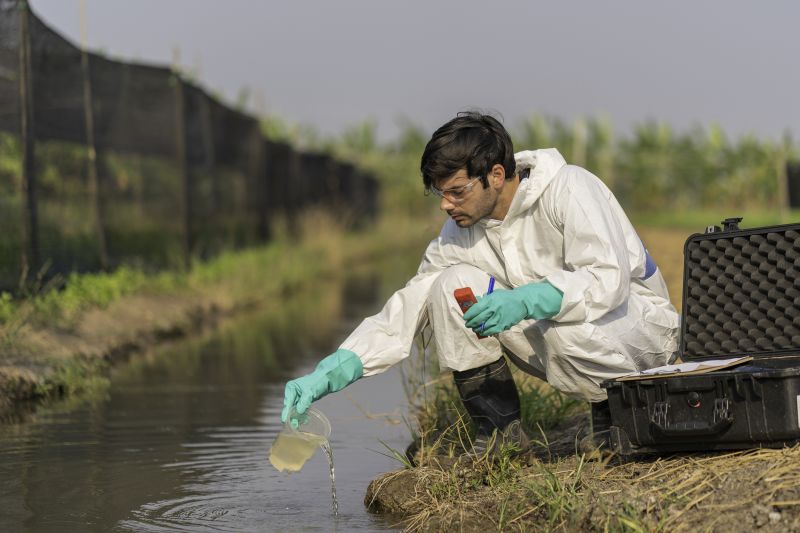
Regular testing helps determine the best times for treatment based on water quality data.
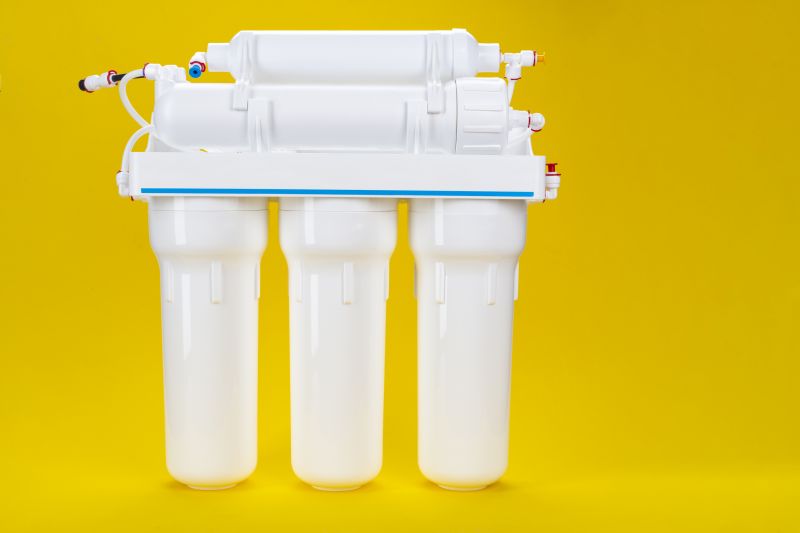
Ways to make Water Treatments work in tight or awkward layouts.
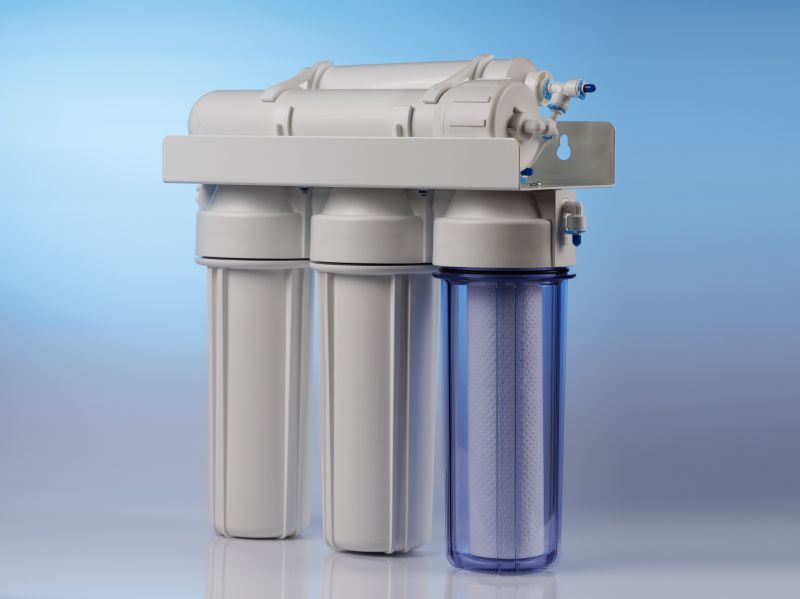
Popular materials for Water Treatments and why they hold up over time.
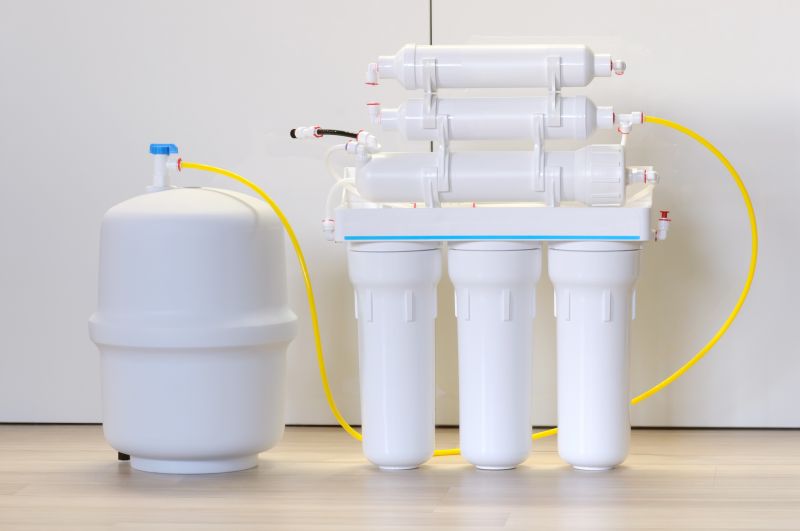
Simple add-ons that improve Water Treatments without blowing the budget.
| Factor | Best Timing |
|---|---|
| Seasonal Changes | Pre-season or during low usage |
| Heavy Rainfall | Immediately after heavy rain events |
| Algae Growth | Early spring and summer |
| Sediment Accumulation | Quarterly or semi-annual intervals |
| Water Temperature | Moderate temperature periods |
Water treatments involve various methods such as chemical disinfection, filtration, and biological processes to remove contaminants and improve water quality. Proper timing enhances the effectiveness of these methods, ensuring that water remains safe for consumption and other uses. Statistics indicate that timely treatments can reduce microbial contamination by over 90%, significantly decreasing health risks associated with waterborne pathogens.
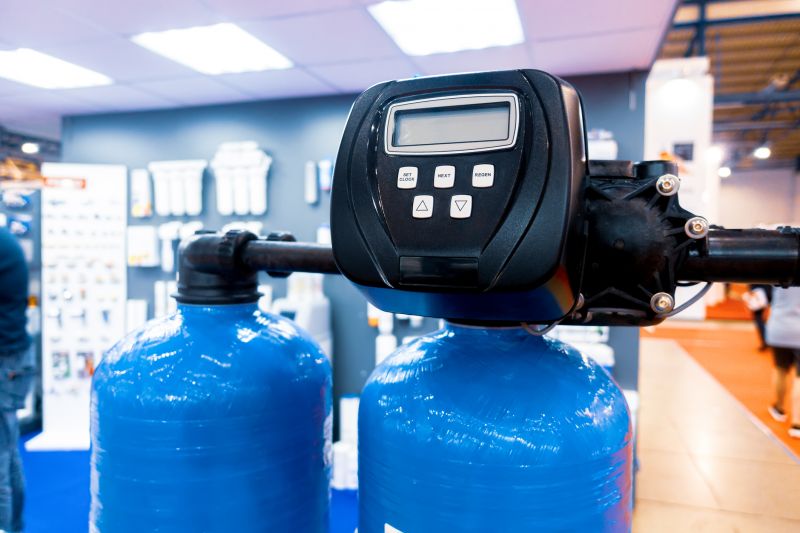
State-of-the-art facilities utilize precise timing for optimal operation.
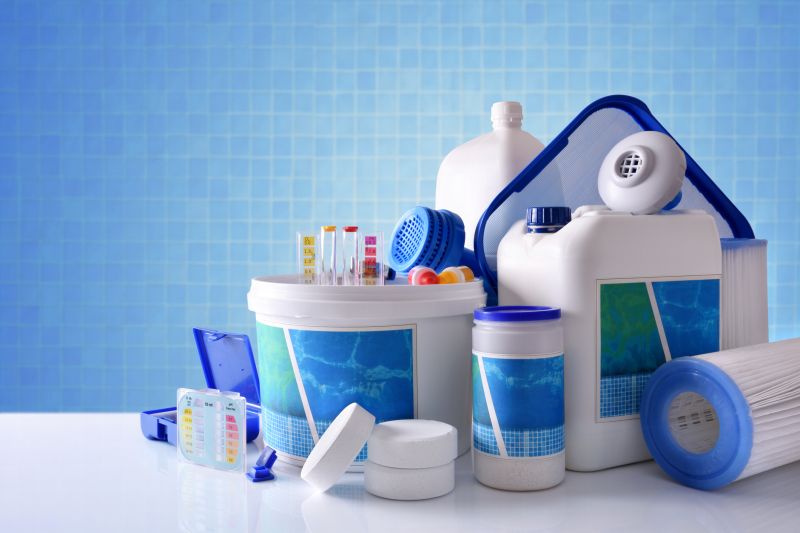
Automated systems ensure chemicals are applied at the most effective times.
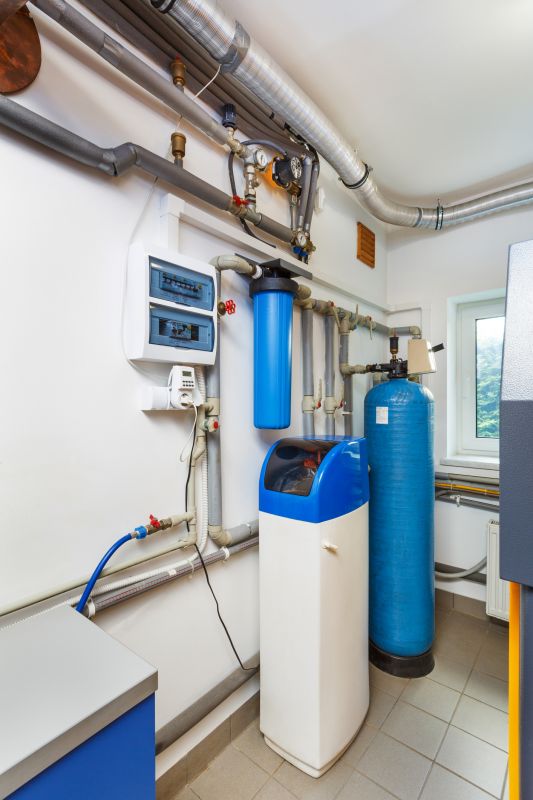
Frequent testing informs the scheduling of water treatments.
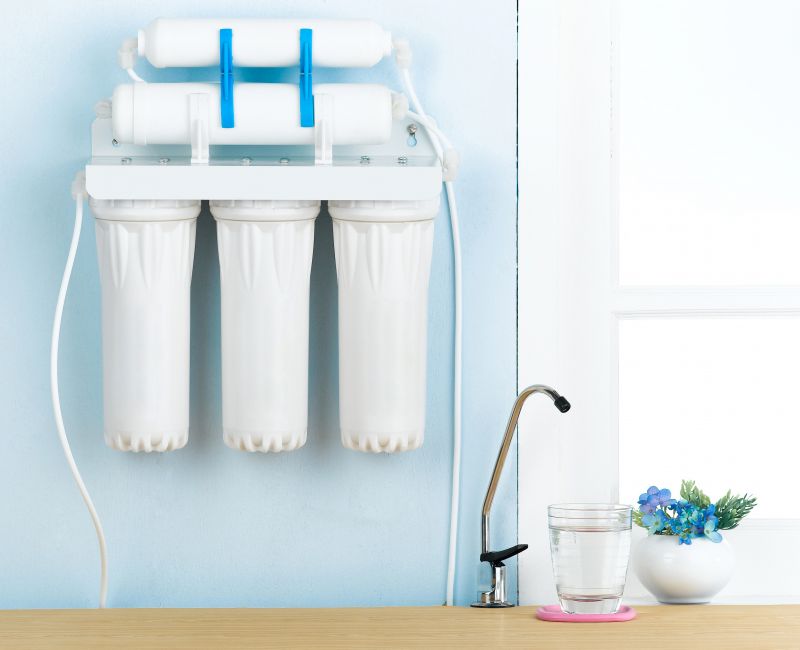
Proper timing extends the lifespan and efficiency of filtration units.
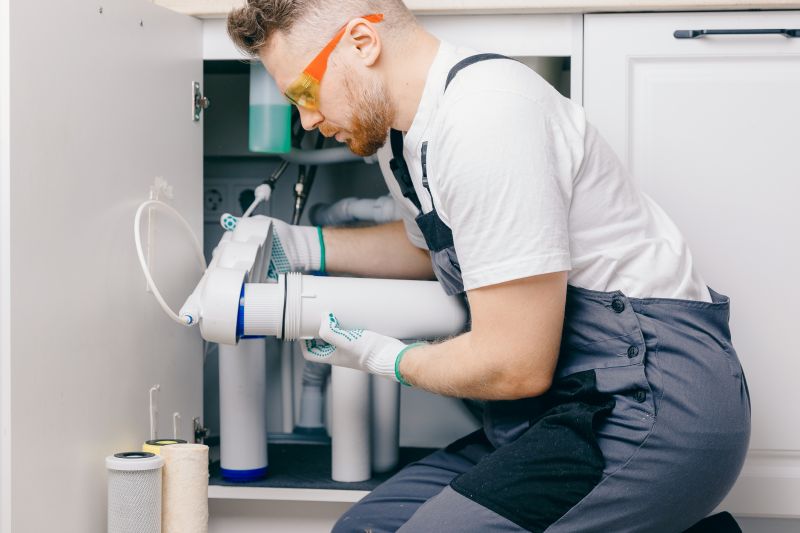
High-end options that actually feel worth it for Water Treatments.
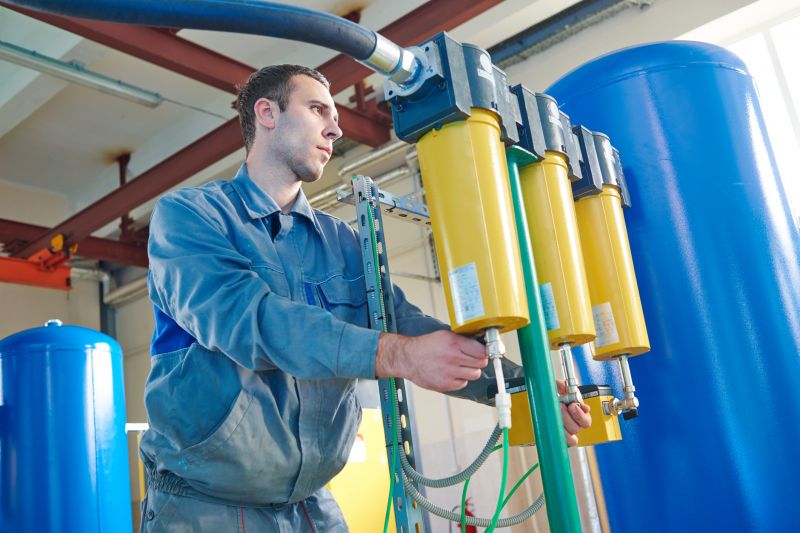
Finishes and colors that play nicely with Water Treatments.

Little measurements that prevent headaches on Water Treatments day.
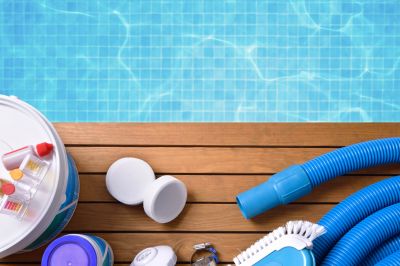
A 60-second routine that keeps Water Treatments looking new.
Implementing the correct schedule for water treatments ensures consistent water quality and reduces long-term maintenance costs. Regular assessments and adjustments based on water testing results help maintain optimal treatment timing, preventing issues such as discoloration, foul odors, and microbial growth.
Interested in scheduling water treatments? Fill out the contact form to discuss options and timing tailored to specific water systems.

